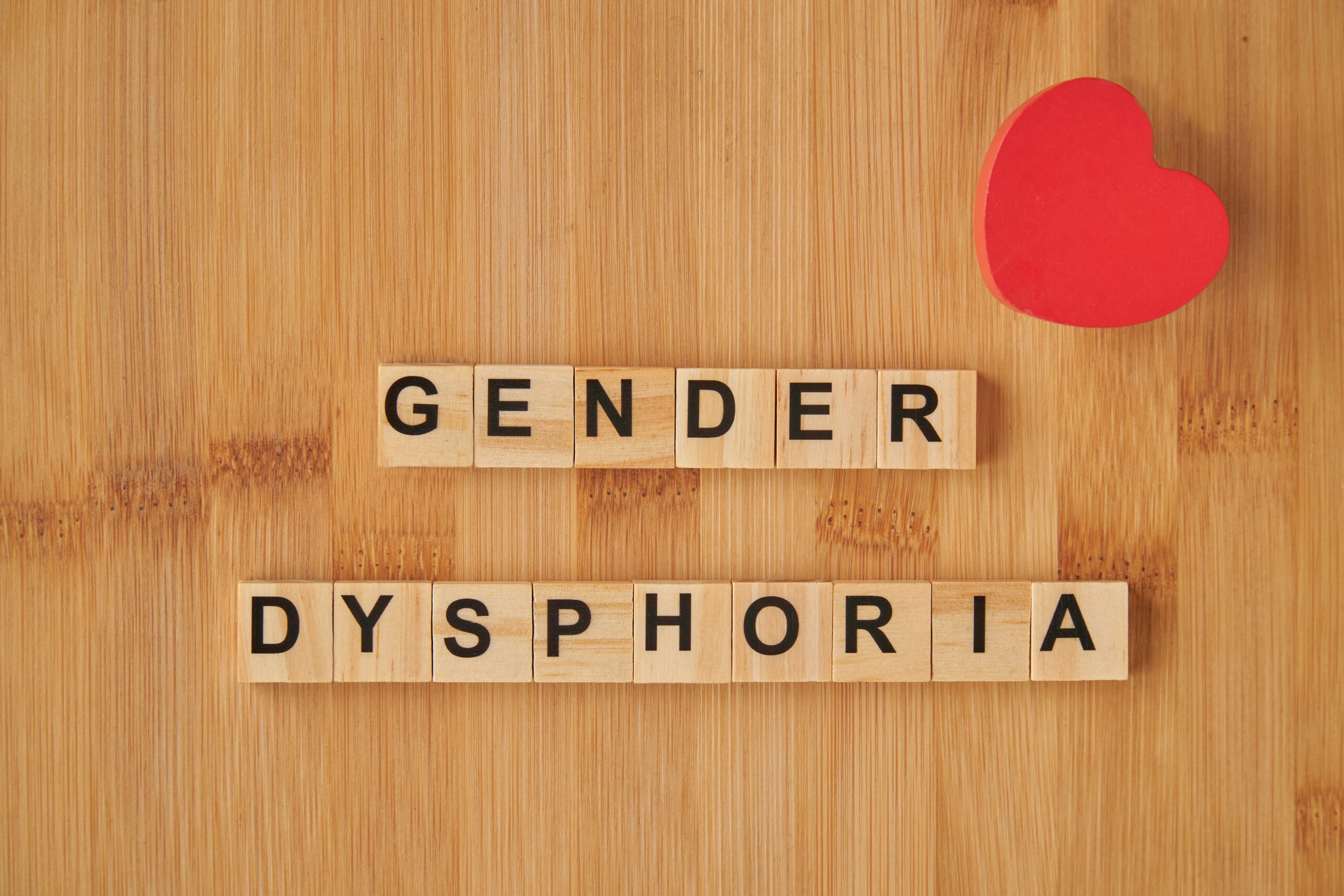Gender dysphoria is a topic of growing awareness and discussion in the mental health community. It refers to the psychological distress that occurs when a person’s gender identity does not align with their sex assigned at birth. Many people wonder whether gender dysphoria is considered a mental illness and how it is treated within the mental health field.
At PMHC in Philadelphia, we provide compassionate and informed support for individuals experiencing gender dysphoria. Understanding how it is classified and the best approaches to care can help individuals and their loved ones navigate this experience with confidence and support.
Understanding Gender Dysphoria
Gender dysphoria is recognized by mental health professionals as a condition that can cause significant emotional distress. It is important to note that gender diversity itself is not a mental illness, but the distress that arises from the conflict between gender identity and assigned sex can have a profound impact on mental well-being. Individuals with gender dysphoria may experience anxiety, depression, and social challenges due to their gender identity not being recognized or affirmed by those around them.
How Gender Dysphoria is Classified in Mental Health
Gender dysphoria is listed in the Diagnostic and Statistical Manual of Mental Disorders (DSM-5) as a condition that may require mental health support. However, it is not classified as a disorder in the same way that other mental health conditions are. The classification exists to ensure that individuals experiencing distress related to gender identity can access appropriate care and support.
The goal of recognizing gender dysphoria in clinical settings is not to label individuals as mentally ill, but to provide a framework for treatment options that can help alleviate emotional distress. Many mental health professionals and advocacy groups emphasize that gender diversity is a natural part of human experience and that affirming care is essential for well-being.
The Impact of Gender Dysphoria on Mental Health
Without proper support, individuals experiencing gender dysphoria may face increased risks of anxiety, depression, social isolation, and even suicidal thoughts. The distress is often exacerbated by external factors such as discrimination, lack of social acceptance, and difficulties in accessing gender-affirming healthcare.
Mental health professionals can provide support through therapy, coping strategies, and guidance on gender-affirming steps, which may include social transition, medical transition, or other forms of self-expression that align with an individual’s gender identity.
Treatment and Support for Gender Dysphoria
Mental health treatment for gender dysphoria focuses on alleviating distress and helping individuals live authentically. Common approaches include therapy, support groups, and, for those who choose it, access to gender-affirming medical care. Therapy can help individuals explore their identity, manage social and emotional challenges, and develop coping skills for navigating societal pressures.
Family support and community acceptance also play a crucial role in the well-being of individuals with gender dysphoria. Encouraging open conversations, educating loved ones, and creating safe spaces for self-expression can have a significant positive impact on mental health outcomes.
Providing Compassionate Care at PMHC in Philadelphia
At PMHC in Philadelphia, we understand the complexities of gender dysphoria and offer mental health services that provide support without stigma. Our goal is to help individuals experiencing gender dysphoria feel validated, supported, and empowered to live as their authentic selves.
If you or someone you love is seeking professional support for gender dysphoria, our experienced team is here to help. Contact PMHC today to learn more about our mental health services and how we can assist you on your journey toward self-acceptance and emotional well-being.

